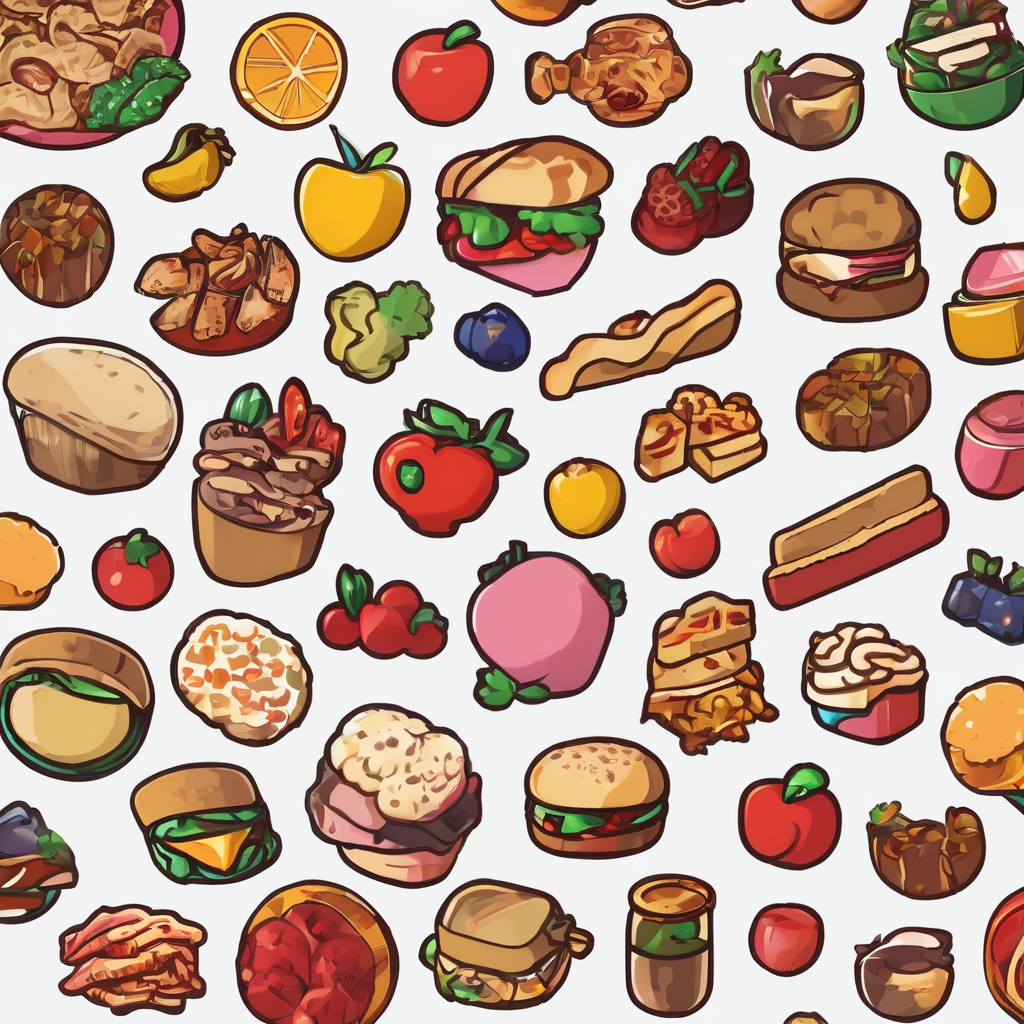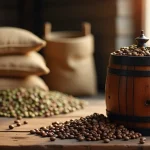Importance of Kitchen Scales in Baking
In the realm of home baking, achieving the perfect balance of ingredients calls for precision, making kitchen scales indispensable. Imagine whipping up a delicate soufflé only for it to flop due to imprecise measurements—baking accuracy is crucial here.
A common oversight in baking is relying solely on measuring cups, which can lead to varying results. Flour, for instance, can settle differently depending on how it’s packed, throwing off the weight considerably. Kitchen scales eliminate these discrepancies, weighing ingredients with pinpoint accuracy every time.
In parallel : Affordable Ideas for Crafting a Stylish Minimalist Kitchen in the UK
Using kitchen scales offers distinct advantages over traditional measuring tools. Unlike cups, scales measure by weight, negating discrepancies caused by factors like clumping or humidity. This consistent precision helps recreate recipes, ensuring each batch mirrors the previous one in taste and texture. Especially in recipes requiring precise ratios, such as macarons or scones, the use of scales significantly boosts the chances of success.
Furthermore, investing in a reliable kitchen scale can simplify the process for the amateur baker, turning the daunting task of home baking into a delightful craft. By adopting kitchen scales, home bakers embrace a professional approach, enhancing their baking mastery.
Have you seen this : Revamp Your UK Kitchen: Clever Solutions for Efficiently Storing Large Cooking Utensils
Top Kitchen Scales for Home Baking
When selecting the best kitchen scales for your baking adventures, consider both digital and mechanical scales. Digital scales excel in accuracy and ease of use, displaying precise readings at the push of a button. Mechanical scales, although less common these days, offer durability and do not require batteries, suiting those who appreciate a traditional touch.
Digital vs. Mechanical Scales
Digital scales generally provide superior accuracy, easily switching between units of measurement like grams and ounces. Their crisp displays and compact designs make them a convenient choice for modern kitchens. However, ensuring they have a low battery indicator is advised, as depleted batteries can lead to inaccuracies. Mechanical scales, on the other hand, present a robust option requiring no power source but may lack the fine precision of their digital counterparts.
Recommended Brands and Models
In the UK market, Salter and Terraillon are well-regarded brands. Salter offers digital models with touch controls and sleek finishes, perfect for precision baking. Terraillon provides both digital and classic mechanical scales, catering to traditional preferences. When budget is a concern, reading user reviews can highlight models that blend economy with functionality, ensuring you obtain a reliable tool that enhances your baking craft.
Buying Guide for Kitchen Scales
Choosing the right kitchen scales involves considering several key features to ensure optimal baking accuracy. When reviewing your options, focus first on the units of measurement supported—opt for scales capable of toggling between grams, ounces, and even millilitres for versatility. Next, assess the weight capacity; for home baking, a scale that measures up to 5 kilograms is typically sufficient.
Design and functionality also play a crucial role in your selection. Look for scales with a clear digital display for easy reading, and consider the size and weight if you need to store it away frequently. Ease of cleaning is another aspect that shouldn’t be overlooked; scales with smooth, waterproof surfaces are easier to maintain.
Price varies significantly among models, often influenced by brand reputation and additional features like smartphone connectivity. Yet, value for money should remain a priority over opting for the most advanced or costliest model. It’s essential to balance your budget with the desired features for an enhancement of your home baking experience, ensuring the chosen scale meets your needs without unnecessary expenditure.
User Testimonials
Exploring user testimonials sheds light on the real-world performance of top kitchen scales. Many users praise digital scales for their baking accuracy—offering consistent results that elevate home baking. Appetite for home baking essentials sees Salter models frequently celebrated. They provide accurate digital readings, crucial for precision, and are often highlighted in user reviews for their ease of use.
On the flip side, some users express frustration over digital scales requiring frequent battery replacements—a minor drawback to their otherwise stellar performance. Meanwhile, mechanical scales often receive commendations for their durability and lack of reliance on batteries. Although slightly less accurate, their robustness appeals to traditionalists and those seeking longevity in their baking tools.
Common praises include dependable accuracy and intuitive designs. However, criticisms are usually tied to the maintenance of digital models, like battery and sensor issues. Through testimonials, it’s clear that both scale types offer unique advantages. While digital options excel in precision, mechanical alternatives offer endurance and simplicity. User feedback underscores the importance of choosing a model tailored to individual baking needs, echoing the significance of thoroughly assessing the recommended scale features before purchase.
Tips for Achieving Baking Precision
In the world of home baking, getting your measurements spot-on can make the difference between a triumph and a flop. Utilising weighing techniques accurately can enhance your baking success dramatically. Begin by ensuring your kitchen scale is set to zero with each new ingredient. This ‘tare’ function prevents the weight of bowls or containers from influencing the measurement, offering a true reading.
Calibrating Your Kitchen Scale
Calibration is crucial for maintaining measurement precision. If you suspect errors, place a calibration weight on the scale to verify its accuracy. Regular maintenance helps avoid mishaps where a few grams off could spell disaster for delicate recipes like macarons. Indicators such as fluctuating readings or a scale not returning to zero suggest recalibration is due.
Using Weighing Techniques
For precise baking measurements, employ best practices tailored to various ingredients. For instance, sift flour before weighing to prevent clumping. Understanding that common baking ingredients have different densities allows for their volume-to-weight conversion, ensuring you can substitute ingredients correctly.
Common Baking Conversions
Familiarising yourself with common conversion ratios is a practical way to maintain baking precision. Resources and guides can help translate cup measurements into weight, simplifying the accurate use of global recipes.



